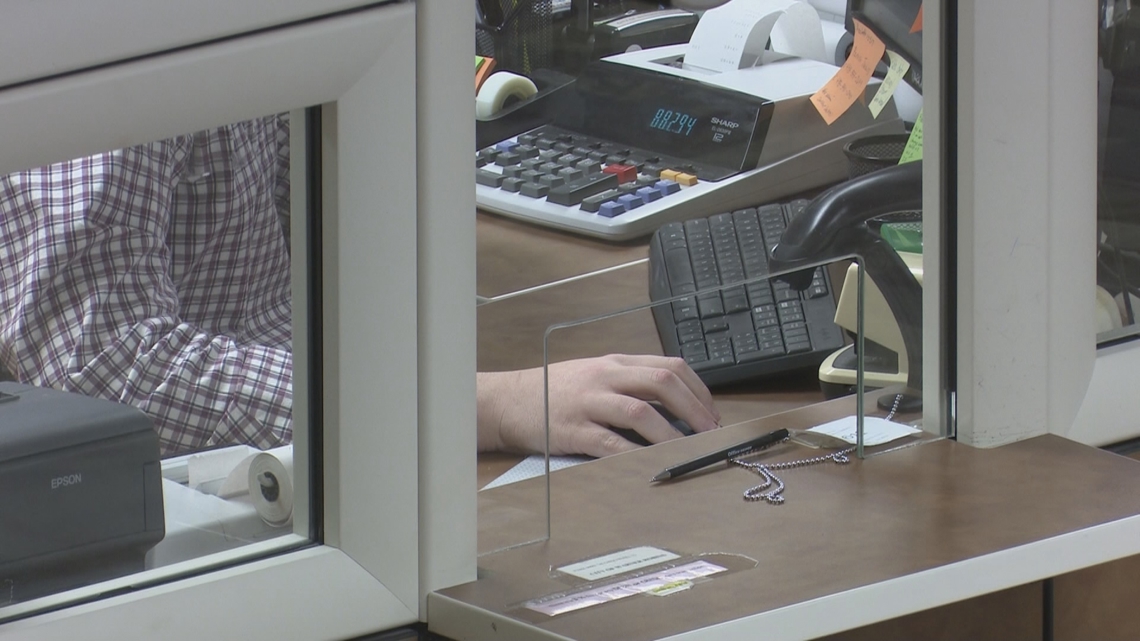Pakistan's Finance Minister in Washington D.C. - Can a Trade Deal Be Reached Before August?

Islamabad – Pakistan's Finance Minister, Senator Ishaq Dar, is currently in Washington D.C. for crucial talks with US officials, aiming to secure a favorable trade agreement before a looming August deadline. The visit underscores the importance Pakistan places on maintaining strong economic ties with the United States, particularly as the nation navigates challenging economic conditions.
The discussions are centered around addressing Washington’s demands within the broader framework of ongoing trade negotiations. While the specifics of these demands remain largely confidential, sources suggest they relate to issues of market access, regulatory compliance, and intellectual property protection. Senator Dar’s presence in the US signals Pakistan’s commitment to engaging constructively and finding common ground.
Why is this Trade Deal so Important?
For Pakistan, a successful trade deal with the US holds significant implications. It could unlock vital avenues for export growth, stimulate economic activity, and attract foreign investment. Given Pakistan’s current economic pressures – including a depreciating currency, rising inflation, and a need for external financing – securing a trade agreement is viewed as a critical step towards stabilizing the economy and achieving sustainable growth.
The timing of these negotiations is particularly significant. The August deadline adds a sense of urgency to the discussions, and both sides are aware of the potential consequences of failing to reach an agreement. Analysts suggest that a failure could negatively impact Pakistan's ability to secure further international financial assistance and could also dampen investor confidence.
What are the Key Challenges?
Negotiating trade agreements is rarely straightforward, and Pakistan's discussions with the US are no exception. Key challenges include aligning regulatory frameworks, addressing concerns about market access for certain US products, and ensuring that any agreement is consistent with Pakistan's own national interests and international trade obligations. There's also the broader geopolitical context to consider, with evolving global trade dynamics and the need to balance relationships with other key trading partners.
Senator Dar has emphasized Pakistan’s desire for a “mutually beneficial” agreement that fosters long-term economic cooperation. He has also reiterated Pakistan's commitment to implementing necessary reforms to meet international standards. The coming weeks will be crucial as both sides work towards a resolution that addresses their respective priorities.
Looking Ahead
The outcome of these talks will be closely watched by economists, policymakers, and businesses in both Pakistan and the United States. A successful agreement could pave the way for a stronger and more resilient economic relationship, while a failure could have far-reaching consequences for Pakistan's economic outlook. Updates on the negotiations are expected in the coming days as Senator Dar continues his engagements in Washington D.C.





